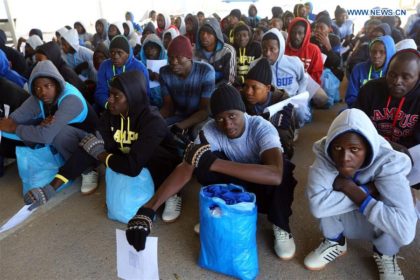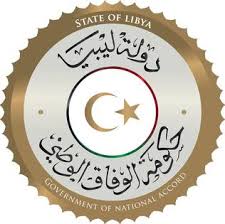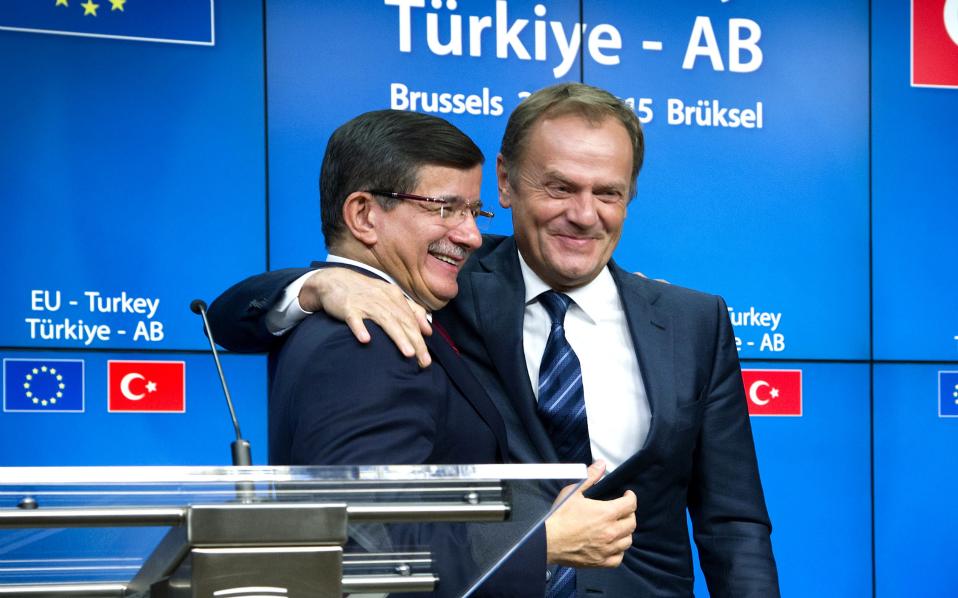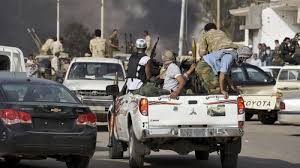 UN High Commissioner for Refugees, Filippo Grandi, announced that the UNHCR has decided to step up its presence in Libya in response to the worsening humanitarian crisis resulting from conflict, insecurity, political instability and a collapsing economy in the North African country.
UN High Commissioner for Refugees, Filippo Grandi, announced that the UNHCR has decided to step up its presence in Libya in response to the worsening humanitarian crisis resulting from conflict, insecurity, political instability and a collapsing economy in the North African country.
Filippo Grandi who was on a visit to the North African country said Sunday he has been shocked at the harsh conditions in which refugees and migrants are held in Libya, because of lack of resources”.
In addition to new offices and community development centres for refugees and asylum seekers, UNHCR will also scale up its presence in places of disembarkation for people rescued or intercepted at sea, in close cooperation with IOM and other partners.
At the same time, access and humanitarian assistance to vulnerable refugees and asylum seekers in detention facilities run by the Libyan authorities will be increased, focusing on lifesaving humanitarian activities and advocating for the release of detained refugees and asylum seekers.
Over the last 18 months, UNHCR has been able to secure the release of more than 800 vulnerable refugees and asylum seekers. The UN Refugee Agency is trying to find durable solutions for them.
UNHCR will also boost its programs to assist Libyan IDPs and host communities who are in dire need of improved access to basic services, which have severely deteriorated as a result of the crisis.
Some 300,000 Libyans have been displaced by ongoing conflict. In all, more than 1.3 million people – including internally displaced people (IDPs), as well as vulnerable Libyans, host communities, migrants, refugees and asylum seekers – are in urgent need of humanitarian assistance.
Among other activities, small-scale community-based projects of immediate impact are envisaged for the benefit of host communities, displaced persons, refugees and asylum seekers.
Libya continues to be the main departing point for refugees and migrants seeking to reach Europe. The High Commissioner was accompanied during his visit to Tripoli by his newly appointed Special Envoy for the Central Mediterranean Situation, Vincent Cochetel, who will be coordinating UNHCR’s cross-regional response to the complexities of mixed migration movements across the Mediterranean, and by UNHCR’s Regional Director for the Middle East and North Africa, Amin Awad.



